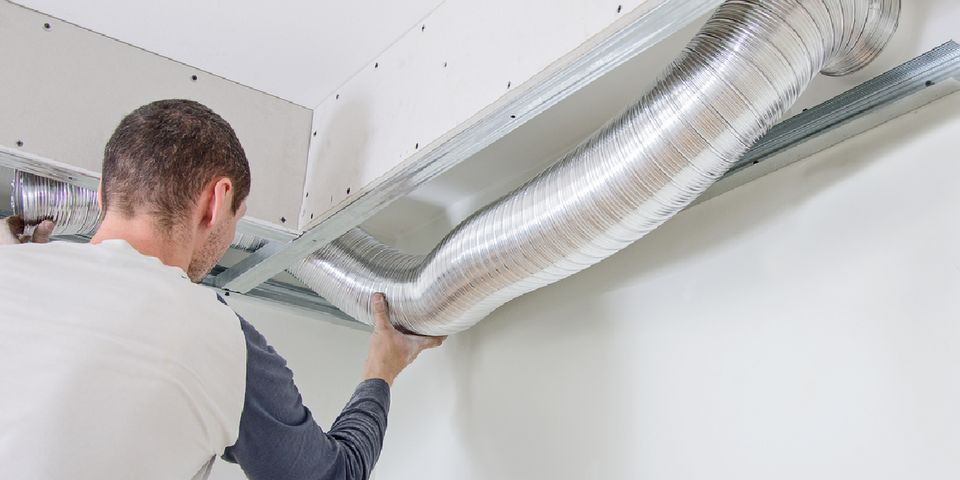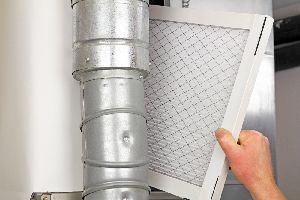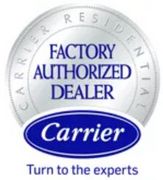A Guide to UV Lights for Your HVAC System

Light may not be the first thing you think of when considering your HVAC system. However, in the case of UV light, it can actually play an important role. These rays contribute to air treatment for your whole home while also improving performance. Here is a helpful guide on how to incorporate UV light into your residential HVAC system.
What Role Do UV Lights Play?

In residential HVAC systems, UV lights are called UVGI (ultraviolet germicidal irritation) systems. Lights are installed in air ducts or over the cooling coils and condensation pan in your air conditioning unit. When air passes, they emit electromagnetic radiation that eliminates bacteria, mold, and viruses circulating in your ducts before they enter your living areas and contaminate the air.
How Are They Beneficial?
Better air quality often means you get sick less often. This ranges from mold-related allergic reactions to the common cold and flu virus, which commonly circulate and survive in HVAC ducts.
UV lights also destroy volatile organic compounds (VOCs) in your residential HVAC system, which produce unpleasant odors. Cigarette smoke, cleaning products, and paint are a few examples. Aside from more breathable air, your home will also smell better.
Removing contaminants from the ducts also keeps your residential HVAC unit efficient. While small, these pollutants can still clog air filters. Air will then struggle to pass through the system, causing the unit to overwork itself and waste electricity. The UV light system ultimately lowers your home’s carbon footprint by minimizing electrical use, so it’s also an excellent green investment.
Homeowners in Akron, OH, rely on Echols Heating & Air-Conditioning Inc. for upgrading and maintaining their HVAC systems. These residential HVAC professionals have over 100 years of combined experience and are available 24/7 for air conditioning repairs. They are proud to be a factory-authorized dealer of Carrier® products as well. Start exploring their products and services on their website, or call (234) 248-2777 to schedule an appointment for repairs or a tuneup.
About the Business
Have a question? Ask the experts!
Send your question

